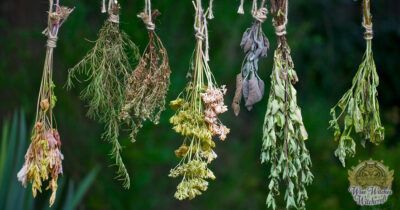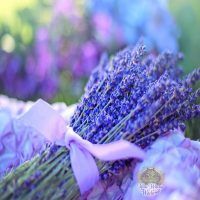Anti-Magic Herbs, Flowers and Plants for Protection
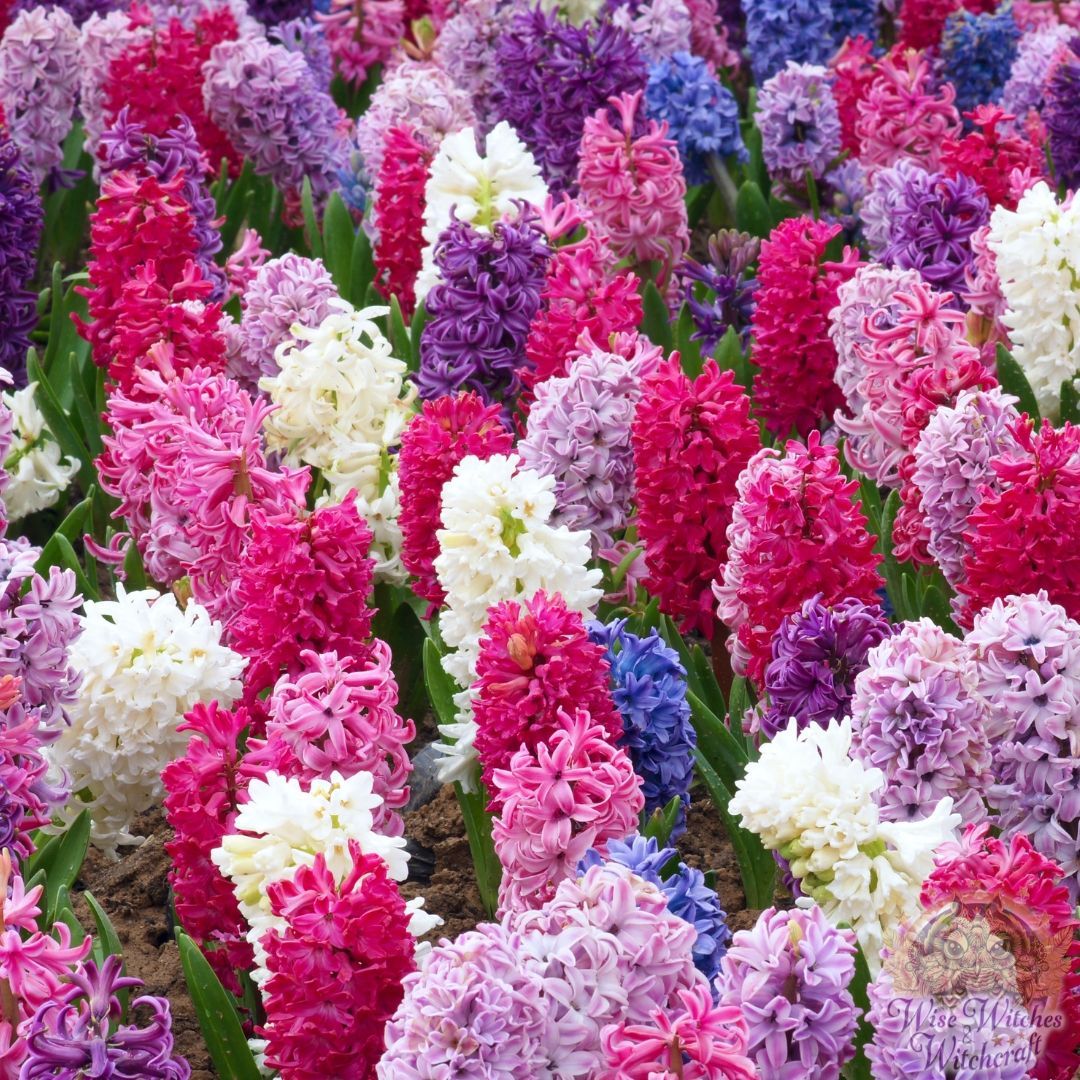
“Malevolence takes a bite out off your spirit.”
― Anna C. Salter
There are a lot of articles that talk about herbs, flowers and plants that support various magical goals. But what about when you feel like there are negative or malevolent energies coming your way through a spell or ritual? Nature’s warehouse helps us there too. Our ancestors certainly didn’t live in pristine environments. Some days simply turned into a struggle for survival. It only seems natural that they would reach out to plant spirits not only for healing but protection too. Many of these early magical associations remained with us through oral and familial traditions with Witches using them still today.
Baneful Magic
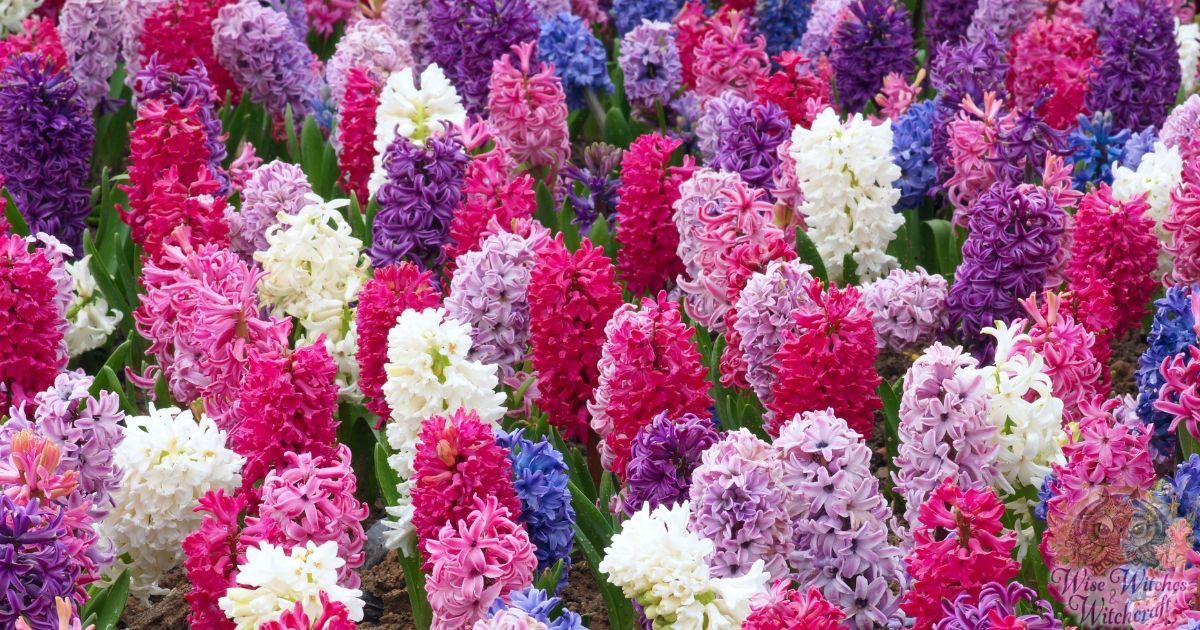
While we might wish otherwise, there are those who use mystical knowledge in moments of anger, selfishness, jealousy or when they thirst for even greater power. Many adept Witches endeavor to protect themselves and their homes with on-going positive energy. Even then some nasty stuff can eek in and up-end the teapot (so to speak).
So, when you are looking for spell components that act as amulets or wards, this reference list gets you started. Put a copy of it in your Book of Shadows under magical components or perhaps plant magic for reference. Note that you are likely to come across a lot more herb and flower correspondences in your studies so you can expand this reference list accordingly.
Magic Protection from Charms and Enchantment
- Alyssum: Protects the bearer from charm and fascination.
- Clove: All purpose herb for clearing energies from charm spells.
- Hyacinth: Cures fascination.
- Rue: Repels fascination.
Magick Protection from the Evil Eye and Curses:
Angelica: Cures bewitchment and curses, or deflects them from you.
Anise: A sure-fire ward against the evil eye.
Holly: Protection against the evil eye, no matter how powerful the caster.
Nettle: Dispels magickal curses.
Oats: Protects horses and other animals from curses, especially the evil eye.
Sage: Protects against curses cast with a wicked glance.
Protection Magic from Hexes
- Bamboo: Used for hex-breaking and banishing.
- Cinquefoil: Washes away hexes.
- Coriander: Protective herb that fights off mystical evils.
- Rowan: Bound with red thread, it becomes a powerful anti-magick charm.
Protection Magick from Negative Energy:
- Basil: This purges an area of magickal influences.
- Beans: (any dried kind): Turns away magickally generated misfortune.
- Mint: Wash doorways with mint water for cleansing negativity.
- Valerian: Hung in the home it protects all within from malevolent magick.
Magickal Protection from Black Magic
- Agrimony: Deflects hostile magic.
- Angelica: Wear this as a protective amulet against black magic.
- Ash: Protection against sorcery and conjury.
- Fennel: Hung in the doorway on a midsummer’s day it will turn away any mal-intended sorcery.
- Mallow: Fights off black magick.
Protection from Spells (General)
- Burdock: Gather under the waning moon and carry it as protection from spells when you are travelling.
- Cayenne: Breaks spells when you eat a pinch (a little goes a long way).
- Chamomile: Averts any kind of spell.
- Mistletoe: Carry this to avert evil spells.
- Pennyroyal: Add this to a power pouch with other anti-magic herbs like anise, sage and rue.
Spirits & Magical Creatures
- Asafoetida: Drives away demons and other evil spirits.
- Betony: Deters malicious faeries.
- Chrysanthemum: Protects the home against evoked spirits and also averts magickal mayhem.
- Garlic: A good all-around preventative against magickal creatures, ghosts and unwanted spells.
- Marigold: Hung over a door keeps fairies outside (alternatively Primrose).
- St. John’s Wort: Safeguards against mischievous Fey.
Witch Wards:
- Broom: Hung in the home or placed across the doorway this will turn back witches.
- Dill: Protects the bearer from witchery when carried over the heart.
- Elder: Used to identify whether or not a person is a real witch.
- Ivy: (ground) When fashioned into a cross, this was thought helpful to witch-hunters.
- Marjoram: German evil witches cannot tolerate this herb.
- St. John’s Wort: Forces a baneful witch to confess the truth.
- Vervain: When combined with dill this makes a very potent anti-witchcraft amulet.
Herbs and Plants that help “Good” Witches, Wiccans & Pagans
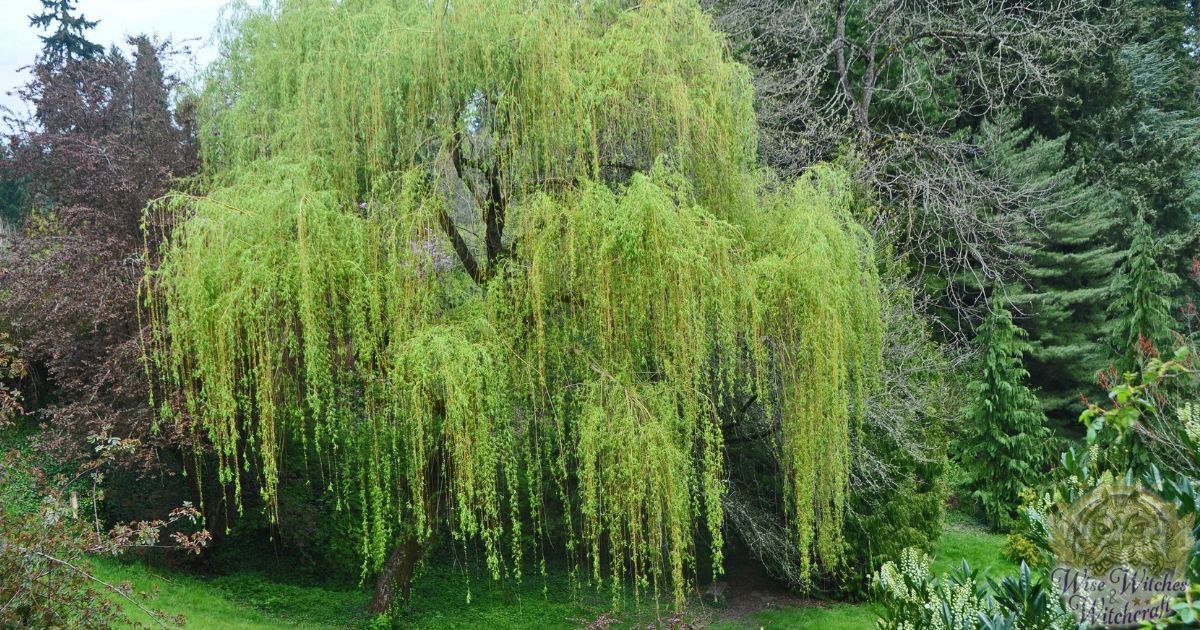
In reading this list one might be inclined to think that everyone feared magick and witches, and that nearly every witch must be up to no good! Ah, but that’s not so. We need to bear in mind that the times in which our ancestors lived were simpler than ours, and so often lacked explanation for things that frightened, confused, or astounded people. In response to this, protective lore against “magick” developed. Besides, any modern Witch will happily tell you that we’re only mischievous some of the time (wink).
More seriously, for every superstition aimed at banishing occult influences, there were others that augmented or honored those influences, even if somewhat indirectly. It is interesting to note that some of the plants and herbs that have been used as protection from malevolent spells are on this list in a positive manner. Apparently Mother Nature knows how to multitask. Here are some examples:
Supportive Magical Plants
- Agrimony: Reverses spells placed upon a Mage.
- Anise: An overall magickal helpmate, especially to protect a high magician from angry, invoked spirits.
- Birch: The traditional wood for a Witch’s broom handle.
- Catnip: Excellent to help Witches improve their rapport with cat familiars.
- Celery seed: This was once thought to help Witches fly.
- Chamomile: An indispensable herb for the green-thumbed Witch; this energizes the whole garden with magick.
- Clove: Improves overall magickal energy.
- Coriander: A powerful herb spirit that energizes magickal gardens.
- Cypress: Increases the power of a Witch’s invocations.
- Dragon’s blood: Increases overall magick power.
- Juniper: Carry this to improve magickal and spiritual awareness.
- Lemon: The Witch’s alternative to a poppet for sympathetic magic.
- Mugwort: Improves psychic awareness.
- Mulberry: Used by Witches to safeguard spell books.
- Myrrh: Acts as a magickal blessing and clears the sacred space of unwanted energies before a ritual or spell.
- Periwinkle: The folk name of Sorcerer’s violet says a lot. This is an overall pro-magick herb, especially useful for positive witchery.
- Poplar: A tree used for water Witching (as a divining rod) indicating its inherent magickal power for aiding a Witch with fortunetelling.
- Valerian: Used to improve a Witch’s rapport with spirits.
- Willow: Used to bind a Witch’s broom.
Echinacea: Used to invoke spirits to help with magickal workings.
Elder: Can house a Witch’s spirit.
Eyebright: Improves a Magician’s psychic powers.
Fig: A natural charming agent.
Gardenia: Increases positive vibrations for Witchcraft.
Geranium: Warns Witches of approaching guests, especially strangers.
Ginger: A power-enhancing herb.
Hawthorn: Witches can turn themselves into this tree for protection.
Hemlock: This helps the Witch travel astrally.
It is easy to see that very specific flowers and herbs were used for equally specific magickal functions. The associations for each plant arose out of folk traditions, myths, our ancestors’ clever ideas, experiments and observations, and especially out of the tradition of Green Witchcraft. The witch knows that Earth is a friend and nature is generous. As long as we treat nature’s gifts in kind, the magickal lore of plants and flowers will always serve us well.
Adapted from “A Floral Grimoire,” by Patricia Telesco. All rights reserved.

